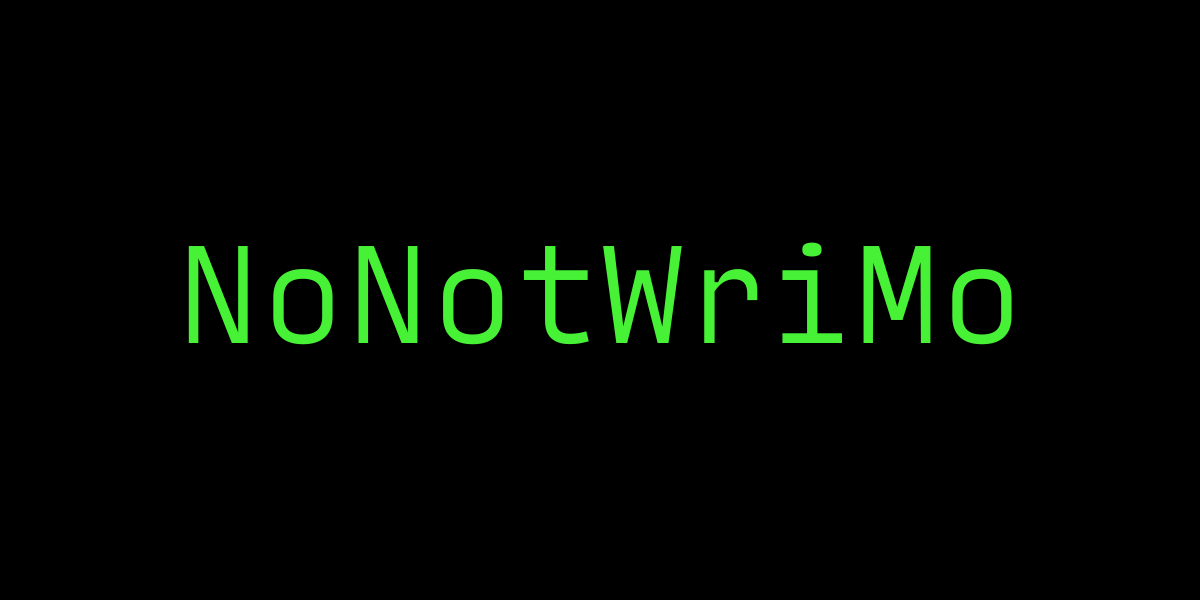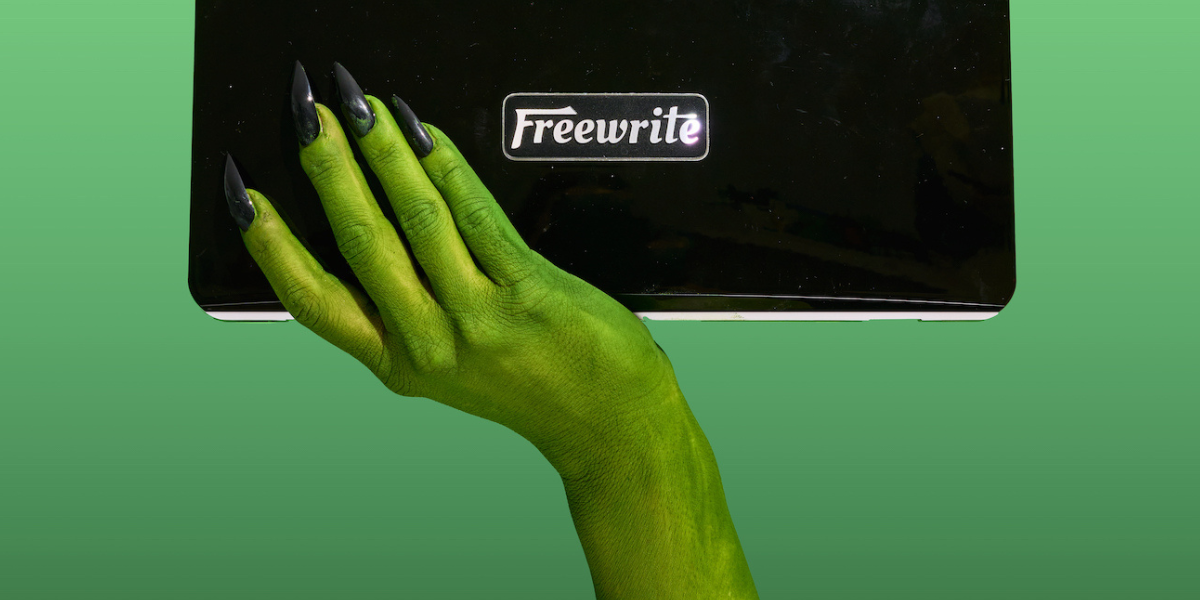
The modern world is filled with constant noise and distractions, and finding moments quiet enough to hear our own thoughts can be difficult. However, one simple practice has stood the test of time as a powerful tool for introspection and personal growth: journaling.
The beauty of journaling is that you don't have to consider yourself "a writer" in order to do it. Whether you're jotting down your thoughts before bed or typing away during your lunch break, simply transforming your invisible thoughts and feelings into visible words on a page (or screen) is a powerful act.
Working through your thoughts and emotions — giving yourself time to actually think and check in with yourself in a busy world — can have profound mental and emotional effects.
Let's explore five of the key benefits of journaling, and then we'll give some practical advice anyone can use to start their own journaling practice.
5 Key Benefits of Journaling
It would take an entire book to outline the benefits of journaling, but here are a few of our favorites:
- Clarity: Journaling provides a space for you to untangle your thoughts and gain clarity on your emotions and experiences. Writing about your day, your goals, or the challenges you face allows you to step back and reflect on your experiences from a new perspective. It also helps separate out the millions of thoughts running through your head on a given day. This can help you identify patterns, gain insights, and make more informed decisions about life.
- Mental Health: The act of journaling has been shown to reduce stress levels and promote emotional well-being. When you write about your worries, fears, or anxieties, you externalize them onto the page, which can provide a sense of release and also distance to see them more clearly. Additionally, journaling allows you to express and process your emotions in a safe and non-judgmental space. This can help you manage overwhelming feelings and regulate your emotions more effectively, leading to greater emotional resilience and mental health.
- Accountability: Journaling can be a powerful way to set and track your goals. By writing down your hopes and dreams (from the big ones that don't seem possible to the small, everyday intentions), you make them tangible and concrete. This makes it easier to come up with action plans and gives you a way to track your progress. Regularly reflecting on your successes and setbacks keeps you accountable — and motivated to keep going!
- Creativity: Journaling inspires innovative thinking. Engaging in free-flow writing exercises, such as stream-of-consciousness writing or freewriting, can help you tap into your subconscious mind, think in new ways, and unlock insights and unexpected solutions to problems. Moreover, the act of writing itself can stimulate cognitive processes that enhance memory, learning, and critical thinking skills.
- Self-Discovery: Perhaps the most profound benefit of journaling is the opportunity for self-discovery and personal growth. As you pour out your thoughts, feelings, and experiences, you embark on a journey of self-expression, which inevitably leads to self-discovery. Over time, you may uncover hidden talents, discover new passions, or gain a deeper understanding of your strengths and weaknesses. Journaling allows you to document your evolution over time, providing a valuable record of your innermost thoughts and experiences.

Start with Freewriting
The term "freewriting" is often associated with American writer and educator Peter Elbow, who wrote about the technique in his book Writing Without Teachers published in 1973. The method emerged as a way to foster uninhibited expression via a writing process that lets thoughts flow freely without pausing to edit or judge.
The concept is similar to the stream-of-consciousness writing of many literary greats like James Joyce and Virginia Woolf, who sought to capture the raw flow of thoughts without the interference of self-censorship.
We suggest starting with freewriting when you begin a journaling practice. It couldn't be simpler to start:
- Find a quiet space and set a timer for a designated period, like 10 or 15 minutes.
- Turn off nearby electronics or place them in another room, including your phone. Take a deep breath and clear your mind of any internal distractions.
- If you don't know where to start, try a writing prompt or simply start with whatever comes to mind.
- Write continuously, without worrying about grammar, punctuation, or whether what you're writing is "good." Just allow your thoughts to flow freely, capturing every idea that arises, no matter how trivial or seemingly unrelated. Remember, the goal is simply self-expression.
- When the timer goes off, you can keep writing if you're in the zone, or you can end there. Reread what you've written, or put it away to reread at another time.
Find more helpful instructions for freewriting here.
Journaling on Freewrite
Whether you're seeking clarity, self-reflection, or the release of stress, Freewrite devices are the ideal tool for journaling. Every device in our lineup fosters a distraction-free environment crucial for introspection and creative expression. With our minimalist design, digital clutter is stripped away, allowing you to immerse yourself fully in your thoughts — without the constant allure of notifications or internet distractions.
The keyboards on our devices are also specially designed to give a tactile experience that enhances the sensory connection between mind and words.
Of course, Freewrite's seamless integration with cloud storage ensures peace of mind, safeguarding your journal, and you can even add a password to your device so that only you can access it.
So what are you waiting for? Pick out your Freewrite and start journaling your way to a happier, healthier, and more authentic life!
























